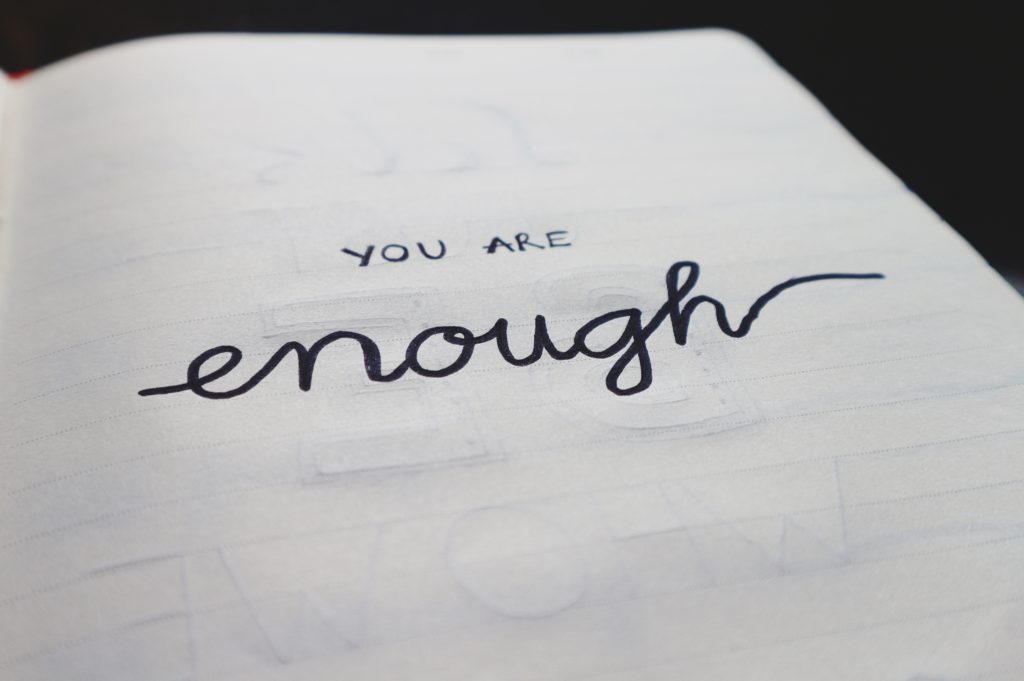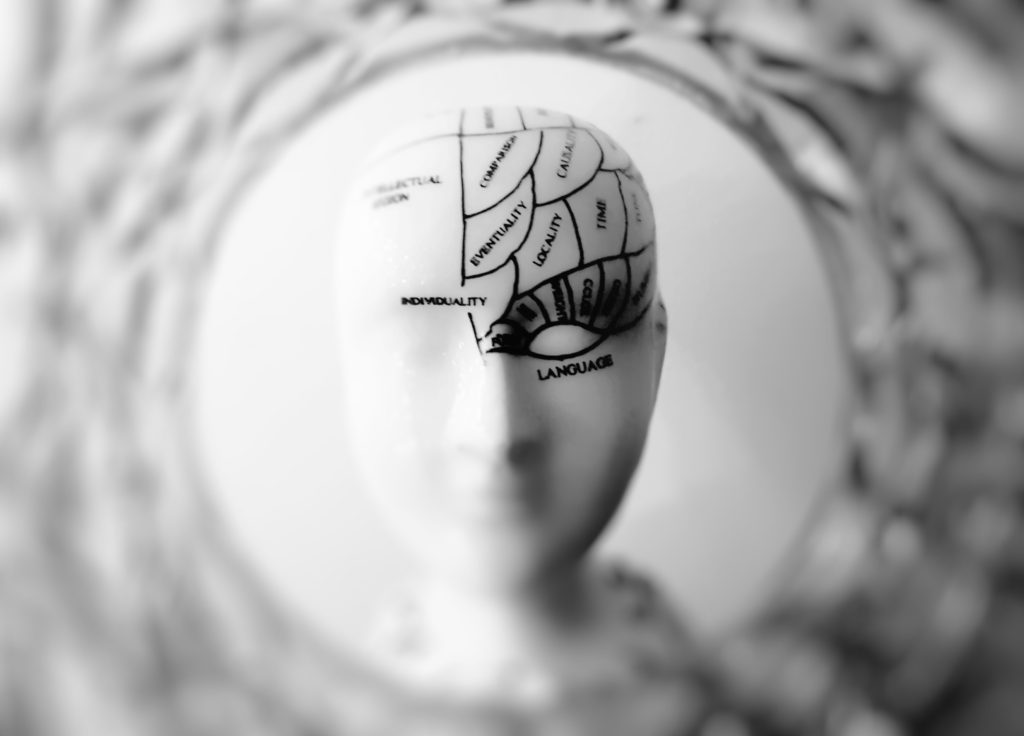Do you have really strong emotional and body reactions that sometimes feel like they come of nowhere and can really knock you over? Your reactions can feel familiar, old, confusing, and overwhelming. You wonder if it has something to do with your past, maybe a traumatic event or a disturbing memory. You need relief and real & lasting change. Perhaps EMDR can help.
What is EMDR Therapy?
EMDR stands for Eye Movement Desensitization Reprocessing. EMDR is a very powerful healing process with a long and complicated name. EMDR is highly effective and well-researched intervention that allows healing to happen at a much quicker rate than talk therapy. It’s about liberating yourself from your past and processing unhealed experiences. So that the things from the past no longer have a hold over you and knock you off course.
EMDR allows for more joy, spaciousness, and connection to others to unfold. EMDR therapy works well for “big T” traumas or Post Traumatic Stress Disorder (PTSD) such as seeing or surviving a life-threatening event like a car crash, a robbery, or a fire. In addition to healing PTSD, EMDR Therapy also helps with Anxiety, Depression, and all sorts of other things like: getting unstuck, removing creative blocks, decreasing worry and apprehension, processing grief, addressing performance anxiety, healing addiction, treating phobias and panic attacks.

How Does EMDR Therapy Work?
No one knows how any form of psychotherapy works neurobiologically or in the brain. However, we do know that when a person is very upset, their brain cannot process information as it does ordinarily. One moment becomes “frozen in time,” and remembering a trauma may feel as bad as going through it the first time because the images, sounds, smells, and feelings haven’t changed. Such memories have a lasting negative effect that interferes with the way a person sees the world and the way they relate to other people. EMDR seems to have a direct effect on the way that the brain processes information. Normal information processing is resumed, so following a successful EMDR session, a person no longer relives the images, sounds, and feelings when the event is brought to mind. You still remember what happened, but it is less upsetting. Many types of therapy have similar goals. However, EMDR appears to be similar to what occurs naturally during dreaming or REM (rapid eye movement) sleep. Therefore, EMDR can be thought of as a physiologically based therapy that helps a person see disturbing material in a new and less distressing way.

What Can I Expect From my EMDR Therapy Session?
I work in a highly collaborative manner. We will meet for several sessions before beginning EMDR processing. This allows for plenty of time to establish a trusting connection and to talk about what EMDR therapy is and how it works so that you fully understand what to expect.
EMDR therapy will
– Replace negative beliefs with more positive & accurate beliefs about yourself
– Take the charge out of upsetting images or memories
– Release strong body sensations
– Take the intensity out of overwhelming emotions

